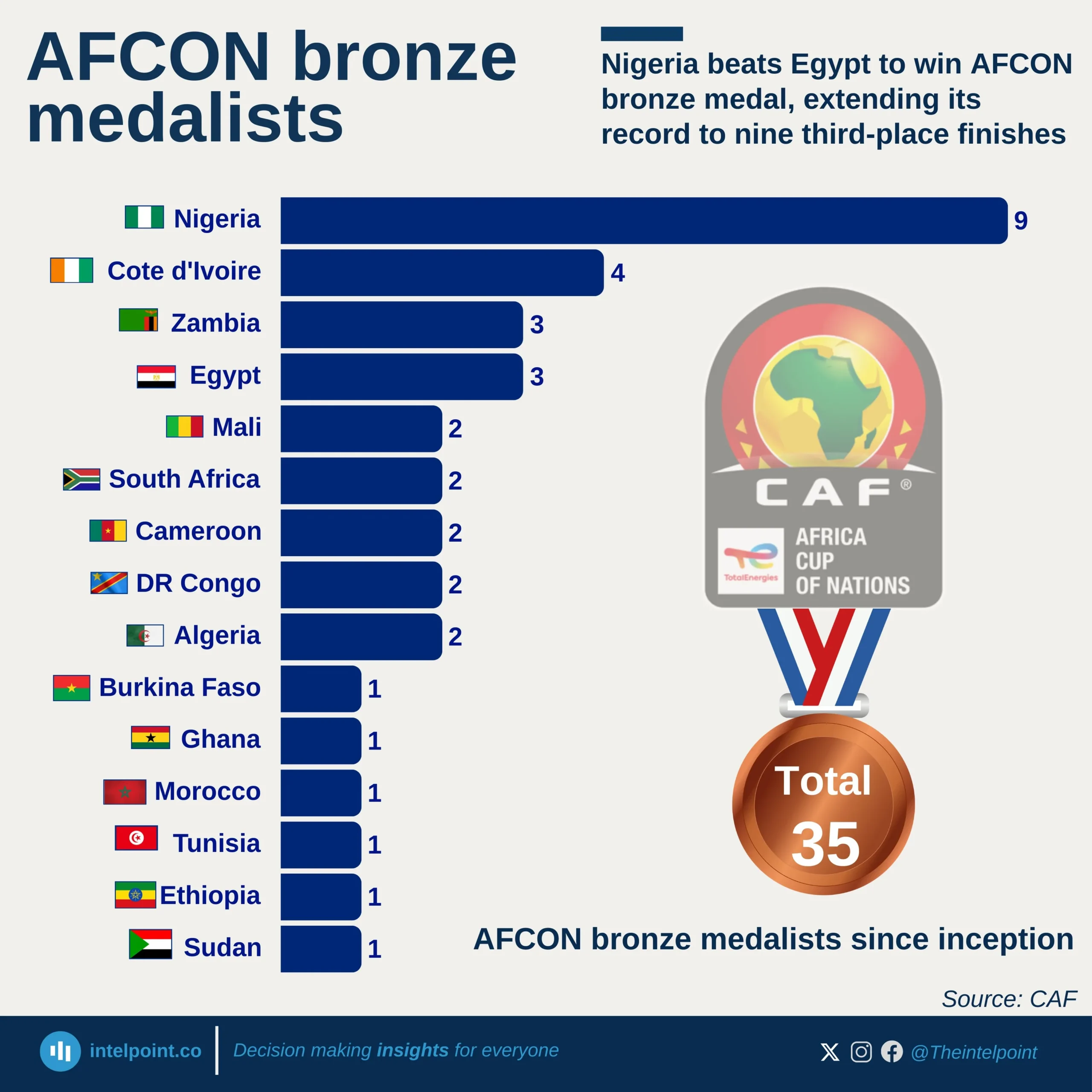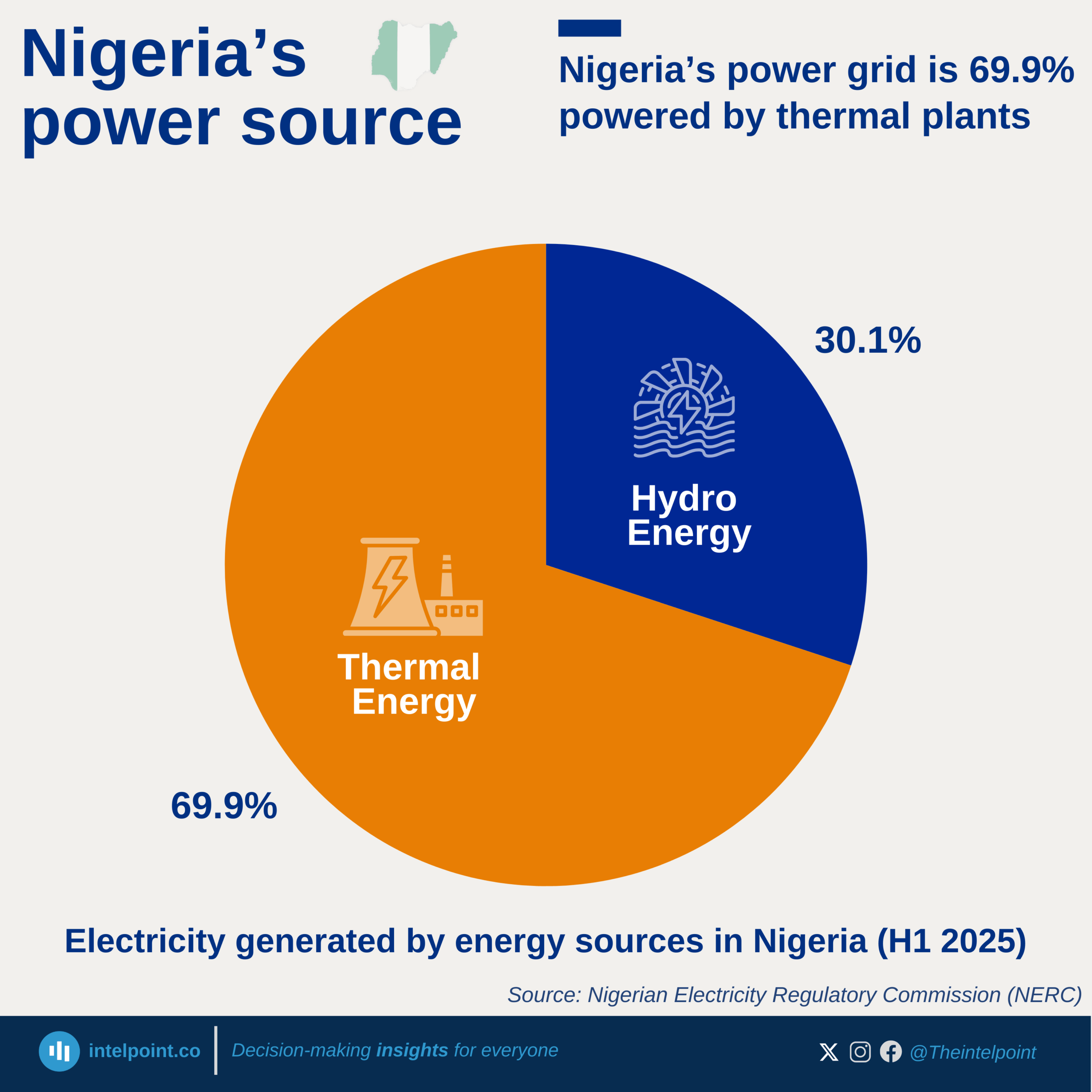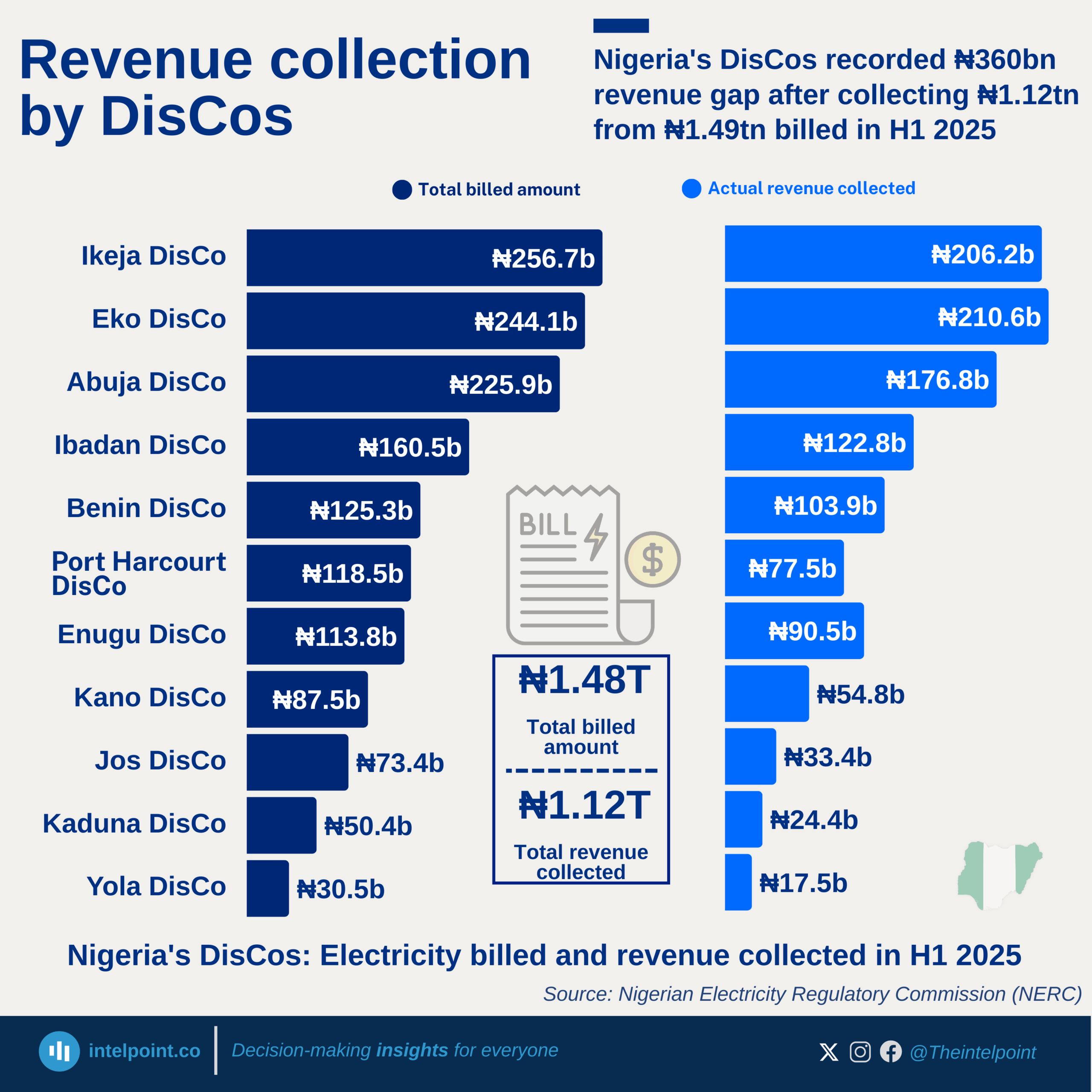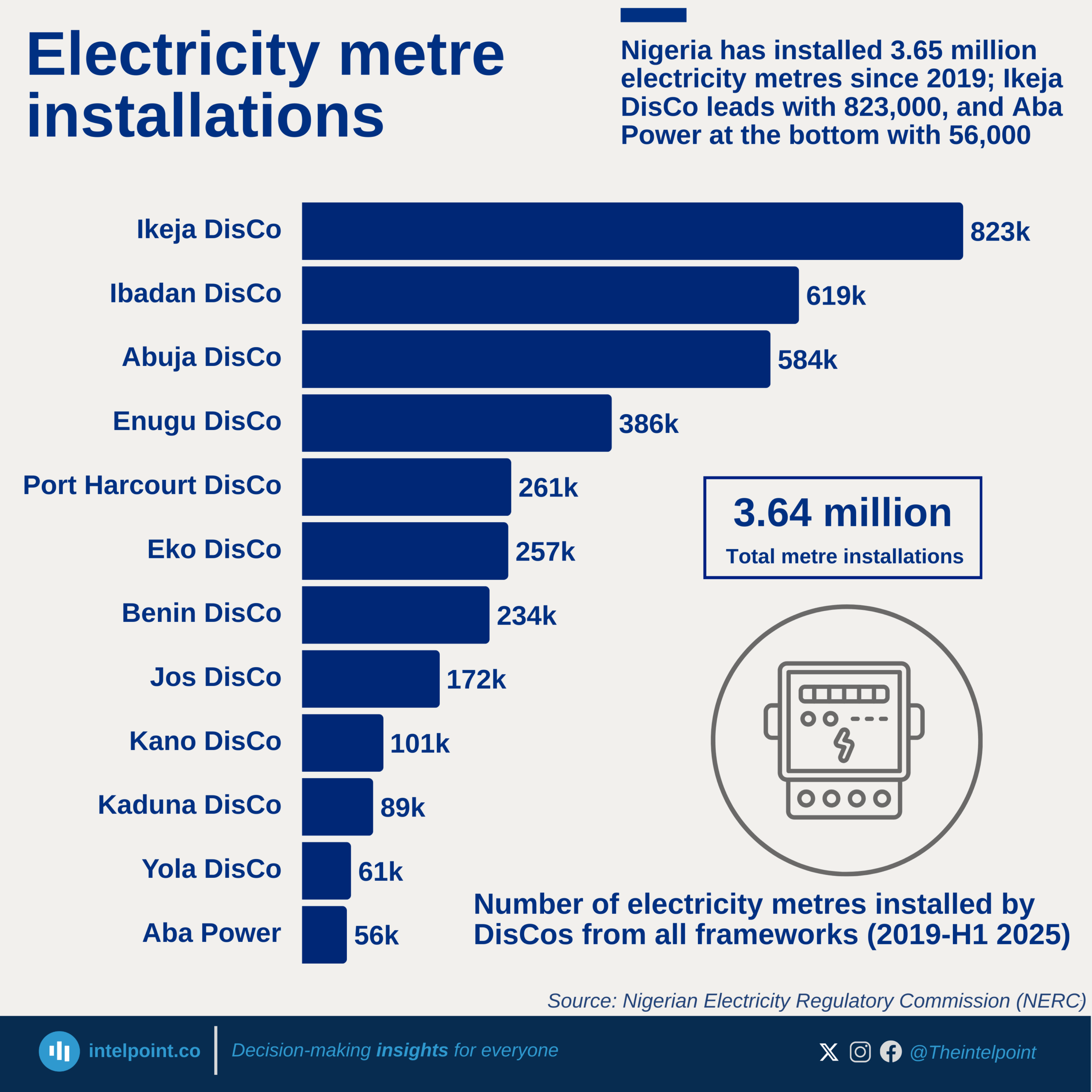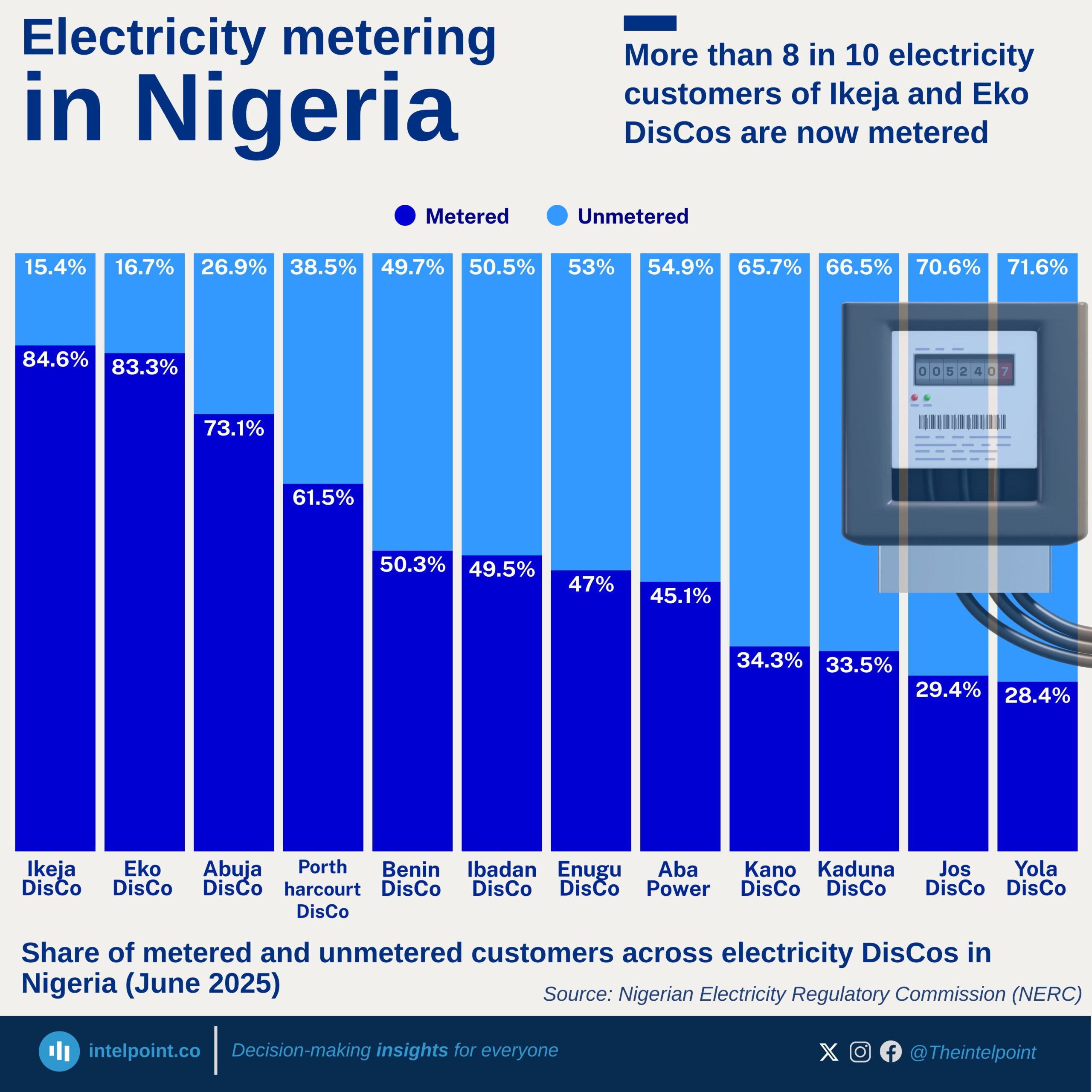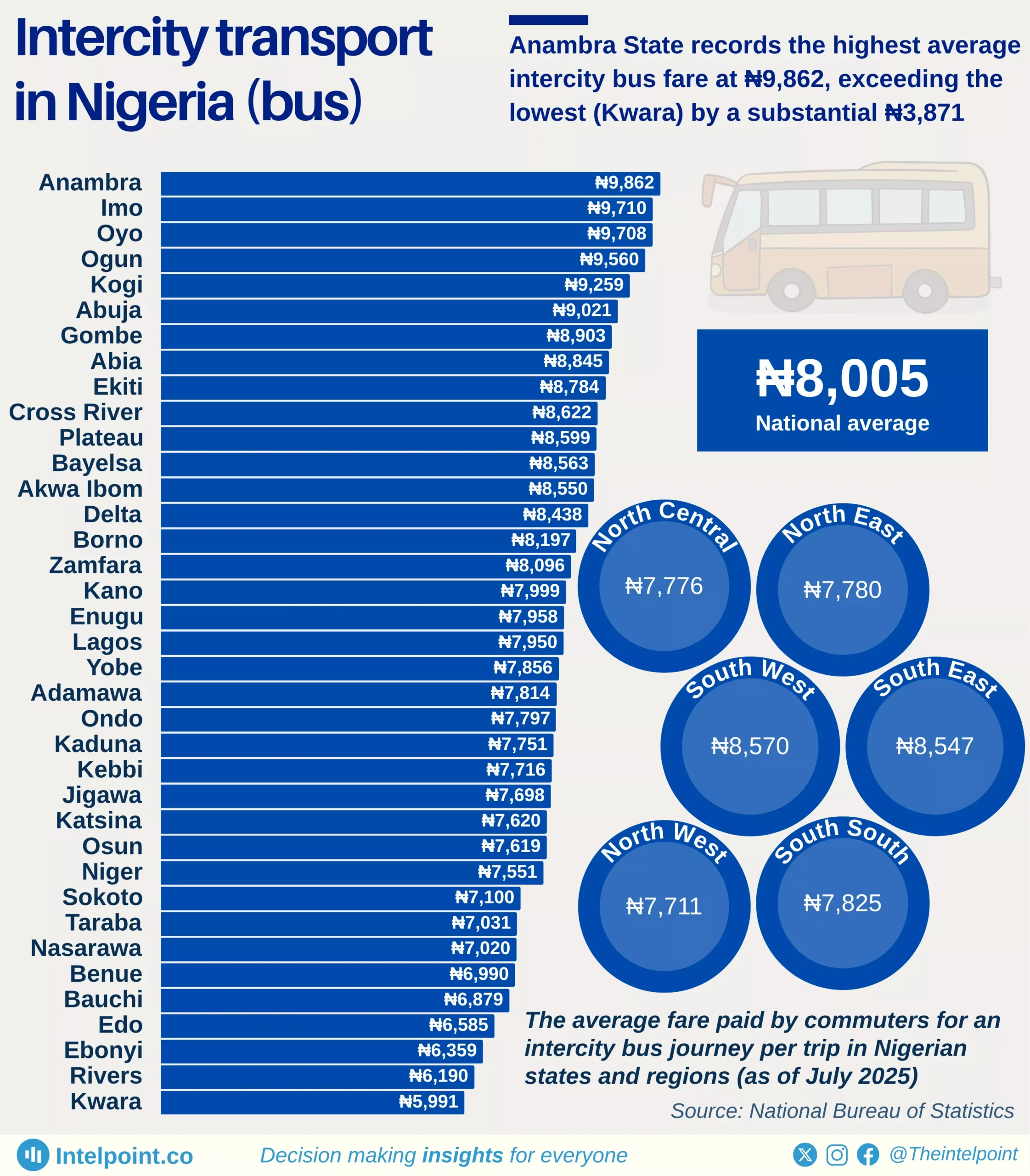Between Q2 2020 and Q2 2024, Nigeria’s North Central zone emerged as the region with the highest number of road accidents, accounting for a significant 34.55% of all recorded incidents nationwide. Within this zone, the Federal Capital Territory, Abuja, stood out as the most accident-prone area, contributing 12.42% to the national total and a striking 35.9% of all accidents in the North Central zone alone. This highlights the heavy traffic volume and rapid urbanisation challenges faced by the capital city.
In stark contrast, the South East zone recorded the lowest proportion of road accidents during the same period, contributing just 5.38% to the national total. Even the zone’s top contributor, Enugu State, accounted for only 1.59% of all accidents in the country, despite making up 22.8% of the South East’s accident figures.
